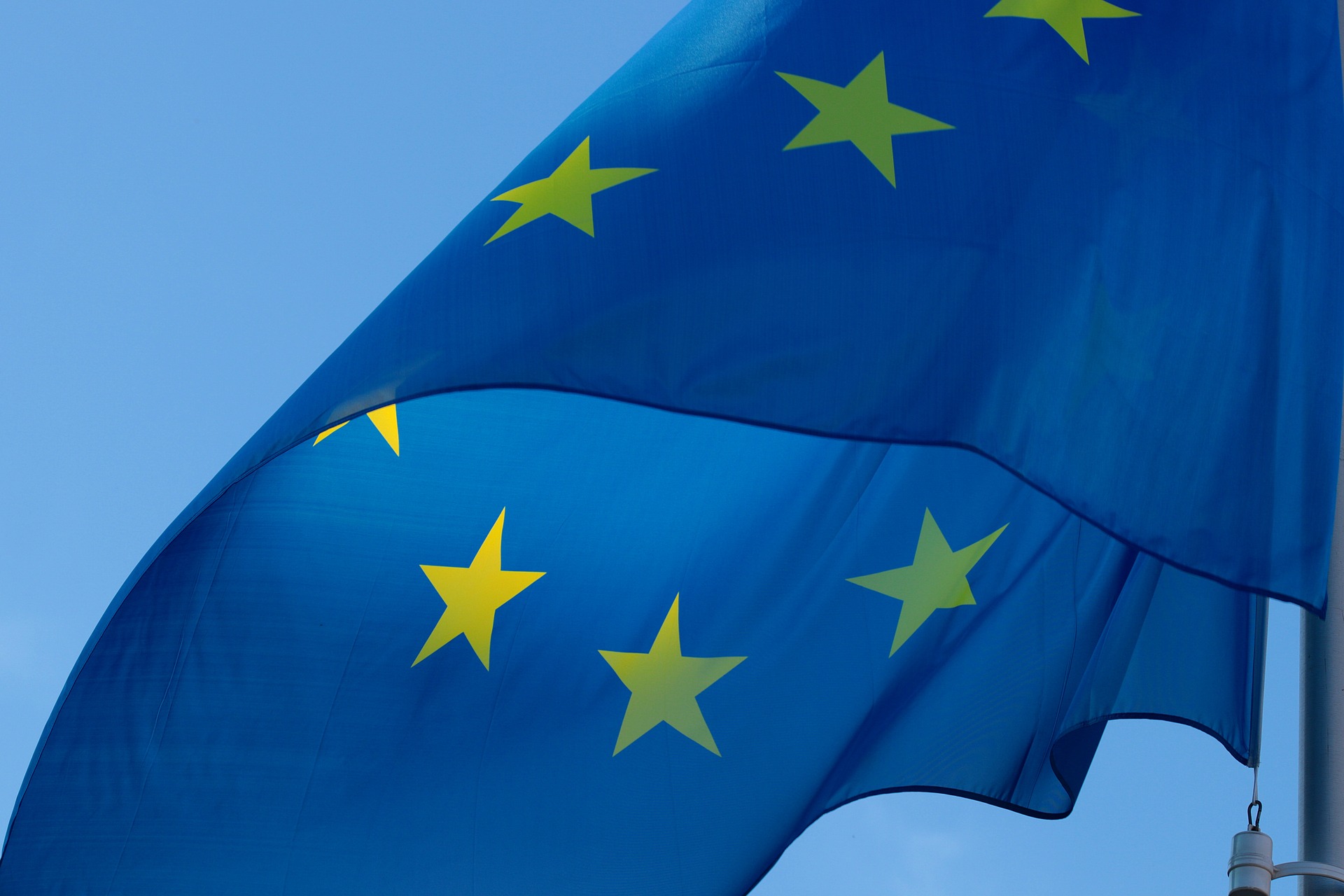Landmark Agreement: EU Nears Establishment of Robust Anti-Money Laundering Authority

In a historic move, the European Union’s Council and Parliament have provisionally agreed to forge ahead with the creation of a groundbreaking European authority focused on combating money laundering and the financing of terrorism – the Anti-Money Laundering Authority (AMLA). This breakthrough represents a cornerstone in the broader anti-money laundering package, designed to fortify the EU’s financial system and protect the interests of its citizens.
Under the terms of the provisional agreement, AMLA is set to wield both direct and indirect supervisory powers over high-risk entities within the financial sector. Notably, the agreement leaves the question of the authority’s seat open for further deliberation on a separate track, emphasizing the complexity of the decisions involved.
Recognizing the borderless nature of financial crimes, the establishment of AMLA aims to streamline and bolster the anti-money laundering and countering the financing of terrorism (AML/CFT) framework. The authority will function as an integrated force alongside national supervisors, ensuring that obligated entities adhere to AML/CFT-related obligations within the financial sector. Furthermore, AMLA will play a crucial supporting role in non-financial sectors and facilitate coordination among financial intelligence units across EU member states.
In a move to ensure compliance, AMLA is empowered to levy pecuniary sanctions on obligated entities found in serious, systematic, or repeated breaches of directly applicable requirements.
Expanded Powers and Inclusive Oversight
Going beyond traditional supervisory powers, the provisional agreement grants AMLA the authority to directly oversee specific credit and financial institutions, including crypto asset service providers – a nod to the evolving landscape of financial services. This oversight is particularly targeted at those entities deemed high-risk or operating across borders. The authority will lead joint supervisory teams, conducting assessments and inspections on up to 40 groups and entities during its initial selection process.
For entities not selected, national-level AML/CFT supervision will persist. In the non-financial sector, AMLA’s role will be supportive, conducting reviews, investigating potential breaches, and issuing non-binding recommendations.
AMLA’s governance structure will consist of a general board comprising representatives from supervisory bodies and Financial Intelligence Units across member states. Additionally, there will be an executive board, the governing body of AMLA, consisting of the authority’s chair and five independent full-time members.
To ensure the implementation of targeted financial sanctions, asset freezes, and confiscations, AMLA will monitor the internal policies and procedures of obligated entities closely.
Strengthened Whistleblowing and Dispute Resolution
The provisional agreement introduces a reinforced whistleblowing mechanism, limiting AMLA’s involvement to reports from the financial sector while allowing it to consider reports from employees of national authorities. Additionally, AMLA is granted the authority to settle disputes with a binding effect within financial sector colleges and, upon request, in other cases involving financial supervisors.
While discussions on the location of AMLA’s seat are ongoing, the Council and the European Parliament are actively negotiating the principles of the selection process. Once finalized, the selection process will conclude, and the location will be integrated into the regulation.
The next steps involve finalizing and presenting the provisional agreement text to member states’ representatives and the European Parliament for approval. If endorsed, formal adoption by the Council and the Parliament will solidify the establishment of AMLA. Simultaneously, negotiations on the regulation for anti-money laundering requirements in the private sector and the directive on anti-money laundering mechanisms remain ongoing.
Background
This landmark development follows the Commission’s presentation of legislative proposals on July 20, 2021, aiming to strengthen the EU’s rules on anti-money laundering and countering the financing of terrorism (AML/CFT). The comprehensive package includes regulations for establishing AMLA, revising the regulation on fund transfers, introducing anti-money laundering requirements for the private sector, and a directive on anti-money laundering mechanisms.
Article Credit: https://www.grcreport.com/post/landmark-agreement-eu-nears-establishment-of-robust-anti-money-laundering-authority
